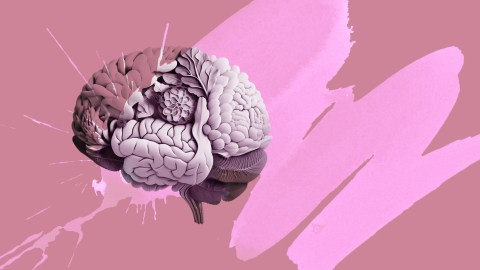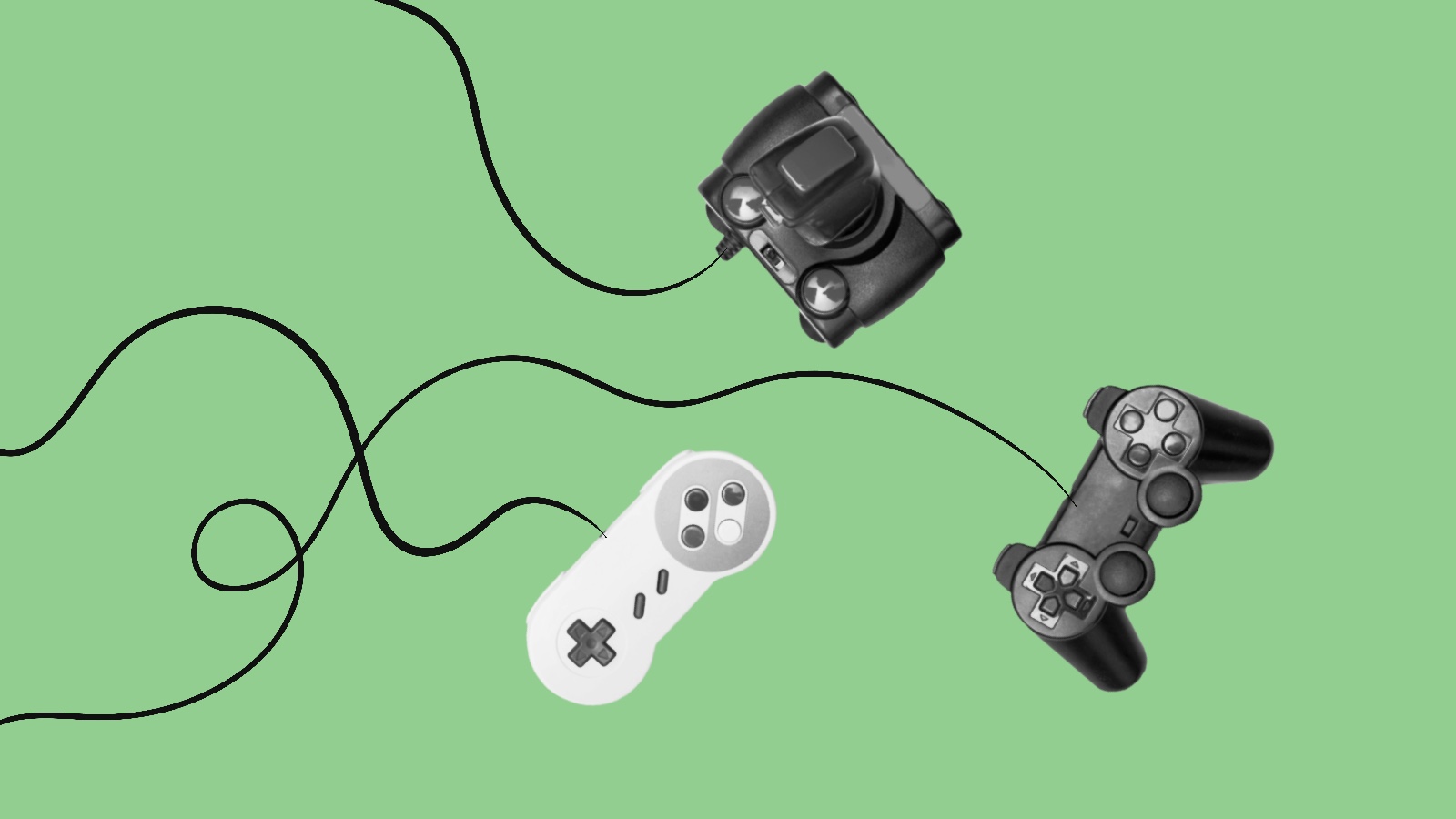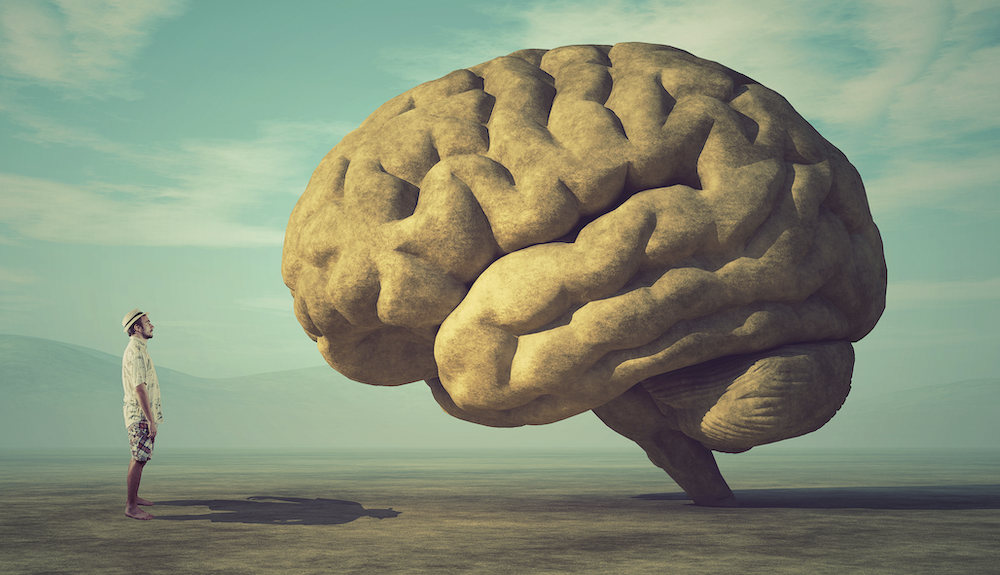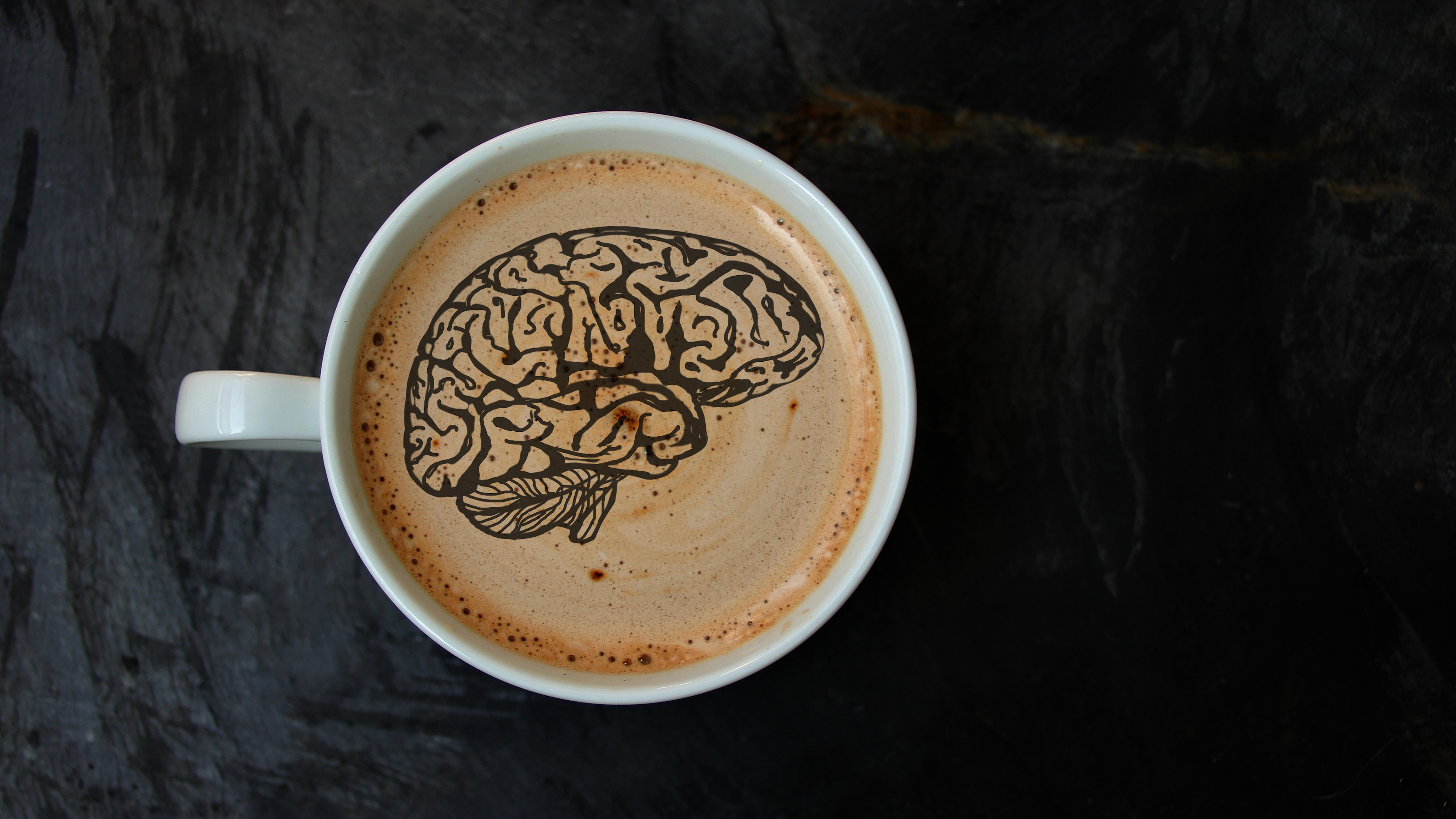Sensitivity is both a brain booster and a survival mechanism

- Emotional and physical sensitivity are closely linked.
- Studies suggest that being sensitive works the brain hard and drains physical energy.
- Curiously, increased sensitivity in young children can be traced to harsh as well as supportive environments.
Editor's note: The first section of this excerpt, which includes a definition of "sensitive," was taken from an earlier section of the book.
In common usage, sensitive can mean a person has big emotions — crying for joy, bursting with warmth, wilting from critique. It can also be physical; you may be sensitive to temperature or fragrance or sound. A growing body of scientific evidence tells us that these two types of sensitive are real and that they are in fact the same. Physical and emotional sensitivity are so closely linked that if you take Tylenol to numb a headache, research shows you will score lower on an empathy test until the medication wears off.
In the great debate between nature and nurture, the popular answer is, “It’s both.” But this observation applies especially well to sensitive people, because their genetic pattern makes them more responsive to nurture. Astonishingly, scientists have been able to put an exact number on the split: Your genes are about 47 percent responsible for how sensitive you are. The other 53 percent comes from what scientists call environmental influences. (Michael Pluess, a behavioral scientist at Queen Mary University of London and one of the leading sensitivity researchers in the world, figured this out by studying pairs of twins who had the same genes but who scored differently on sensitivity.) As a result, influences like your family, your school, and your community can make you more sensitive — and they might matter more than they would for other traits.
In particular, researchers believe that our experiences in the first few years of life are especially important, although they don’t know exactly which experiences make us more or less sensitive. “This is one of the important questions still to be explored,” Pluess told us in an interview.
One hint comes from a recent U.S. study by Zhi Li and her colleagues, who looked at how children’s sensitivity levels changed over one year. In a lab decorated to look like a living room, kids solved puzzles, played games, and, in one case, had their patience tested with treats they were told to wait to eat. The team was looking for signs of sensitivity, such as creativity, deep thinking, and persistence on challenging tasks. The researchers even did some peculiar things to see how the kids would react. In one experiment, a stranger wearing a black plastic bag entered the room, hung out for ninety seconds, and then left without saying anything or even looking at the child. The aim was to see if the sensitive children would be more afraid than the less-sensitive children (they weren’t).
In another experiment, Li and her colleagues pretended to hurt their head or knee, yelling in pain. They were testing whether the sensitive kids would show more empathy (they did). All the kids in the experiment were about three years old in the first session and returned at about four years old for the second, and most of the experiments were repeated.
The investigators were trained to look for subtle reactions. They knew that sensitive kids tend to be more open to forming positive relationships with others but also tend to be more reserved when going about it. So, Li’s team looked for small signs, such as the child’s desire to please the experimenters by being polite and following directions carefully. They also expected that the sensitive kids would monitor their own performance and reflect on feedback before making decisions. And, the investigators thought, the sensitive kids would be more cautious in general and work harder to control their emotions and impulses.
Li also wanted to get a glimpse of the children’s home life. Was their household unpredictable and chaotic, or was it safe-feeling and stable? Were their parents kind, attentive, and fair, or were they harsh, impatient, and disapproving — yelling when the children made a mistake or acted up? To assess this environment, the investigators watched as the mothers talked to their child about a recent time when the child misbehaved. They also evaluated the kids for cognitive functioning and any behavioral problems, like depression, attention issues, and aggression.
After the last experiment was finally completed and the numbers were crunched, the scientists noticed an interesting pattern: a U-shaped graph. The kids who lived in the most extreme environments — either very supportive or negligent — remained at a consistent level of heightened sensitivity from one year to the next. The kids who had neutral or middle-of-the-road environments — not exceptionally supportive but not necessarily negligent, either — actually decreased in their level of sensitivity. And the sensitive kids raised in supportive environments benefited the most out of all the children, showing the best cognitive functioning and the fewest behavioral problems.
The kids who lived in the most extreme environments — either very supportive or negligent — remained at a consistent level of heightened sensitivity from one year to the next.
Why? Scientists aren’t entirely sure, but they think it has something to do with what makes sense, in terms of energy usage, for the body. A sensitive person’s brain works hard, and sensitive people may spend more time on tasks, using more energy. In supportive environments, children probably benefit from becoming sensitive despite this energy cost because their sensitivity allows them to learn better and thrive — they make the most of their exceptional environment. Sadly, in harsh environments, children also probably benefit from sensitivity, which helps them stay vigilant to threats and evaluate situations carefully before proceeding. It also helps them comply with requests from their caretakers, who may be unpredictable, insensitive to their needs, or harsh in their discipline.
Then there are children raised in neutral environments. They probably don’t become as sensitive because sensitivity wouldn’t benefit them as much. Sensitivity is a waste of their energy, because they have few threats to defend against and few enriching experiences to learn from. As any sensitive adult can tell you, being highly responsive to your environment can be an exhausting and energy-consuming process and not one to embark on lightly.
So, here we have another clue to what causes sensitivity. In your early years of life, if you were raised in a harsh environment, you may have become more sensitive as a means of survival. If, however, you were raised in a very supportive environment, you may have become more sensitive so that you could soak up every last drop of benefit.





